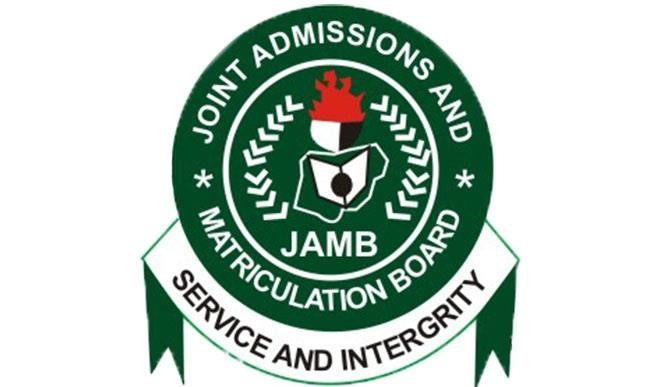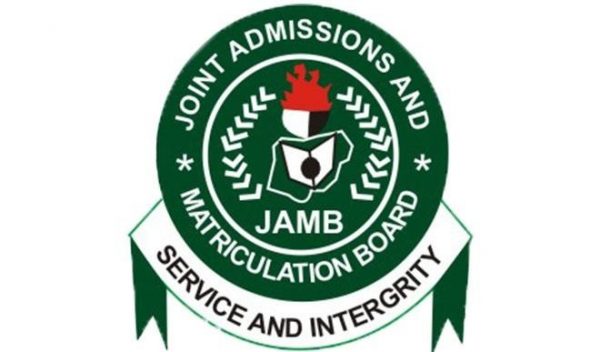There are a few ways through which products or students of the Nigerian Secondary School System gain admission to Tertiary or Higher Institutions in Nigeria. The most predominant and most popular being through the Joint Admissions and Matriculation Board (JAMB). Many graduates sought and gained admissions to higher institutions in Nigeria through this board, and many secondary school leavers seek (and gain/hope to gain admissions through this board). With each passing year, this examination board gains more and more prominence in the Nigerian Educational Structure. But did you know that the Joint Admissions and Matriculations Board was actually established as far back as 1978?
Joint Admissions and Matriculation Board (JAMB)
Popularly known as JAMB, The Joint Admissions and Matriculation Board was established in 1978, and it was mandated to serve as Nigeria’s entrance examination board for tertiary-level institutions. The board is responsible for conducting and administering entrance examinations of different sorts to students applying to Nigerian Universities, public and private mono-technics, polytechnics and colleges of education. This entrance examination is now undertaken in a format referred to as the Unified Tertiary Matriculation Examination for prospective undergraduates into Nigerian universities. A necessary prerequisite for all of these candidates includes the possession of the West Africa School Certificate, (now referred to as West African Examinations Council, WAEC), or its Nigerian equivalent, National Examination Council, (NECO).
JAMB: A Doorway to Higher Learning in Nigeria
At the inception, the legal instrument establishing the Board was promulgated by the Act (No. 2 of 1978) of the Federal Military Government on 13th February, 1978. Years after, this Act was amended and codified by the Federal Executive Council, to enable and empower the examinations board to undertake the following:
- Conduct Matriculation Examination for entry into all Universities, Polytechnics and Colleges of Education (by whatever name called) in Nigeria
- Appoint Examiners, Moderators, Invigilators, members of the Subject Panels and committees and other persons with respect to matriculation examinations and any other matters incidental thereto or connected therewith.
- Place suitably qualified candidates in the tertiary institutions after having taken into account:
– The vacancies available in each tertiary institution
– The guidelines approved for each tertiary institution by its proprietors or other competent authorities
– The preference expressed or otherwise indicated by the candidates for certain tertiary institutions and courses
– Such other matters as the Board may be directed by the Honorable Minister to consider or the Board itself may consider appropriate in the circumstances.
In addition to the above, the board is expected to
– Collate and disseminate information on all matters relating to admissions into tertiary institutions or any other matter relevant to the discharge of functions of the board.
– Carry out other activities as are necessary or expedient for the full discharge of all or any of the functions conferred on it under or pursuant to the Decree.
The Joint Admission and Matriculation Board, (JAMB) conduct their examinations on an annual basis. This examinations usually serve as the determinant for students’ admission for the following academic year. In the current format, a student with a minimum scored mark of 160 is eligible to apply for polytechnic, while a student with a minimum scored mark of 180 is eligible to apply for a university admission.
The Pioneer Registrar was Mr. Michael Saidu Angulu who served from inception in 1978 to 1986. The National Headquarters of the Joint Admission and Matriculation Board is located at Bwari, Abuja, Nigeria.
References:
Featured image source: Leadership Newspaper


